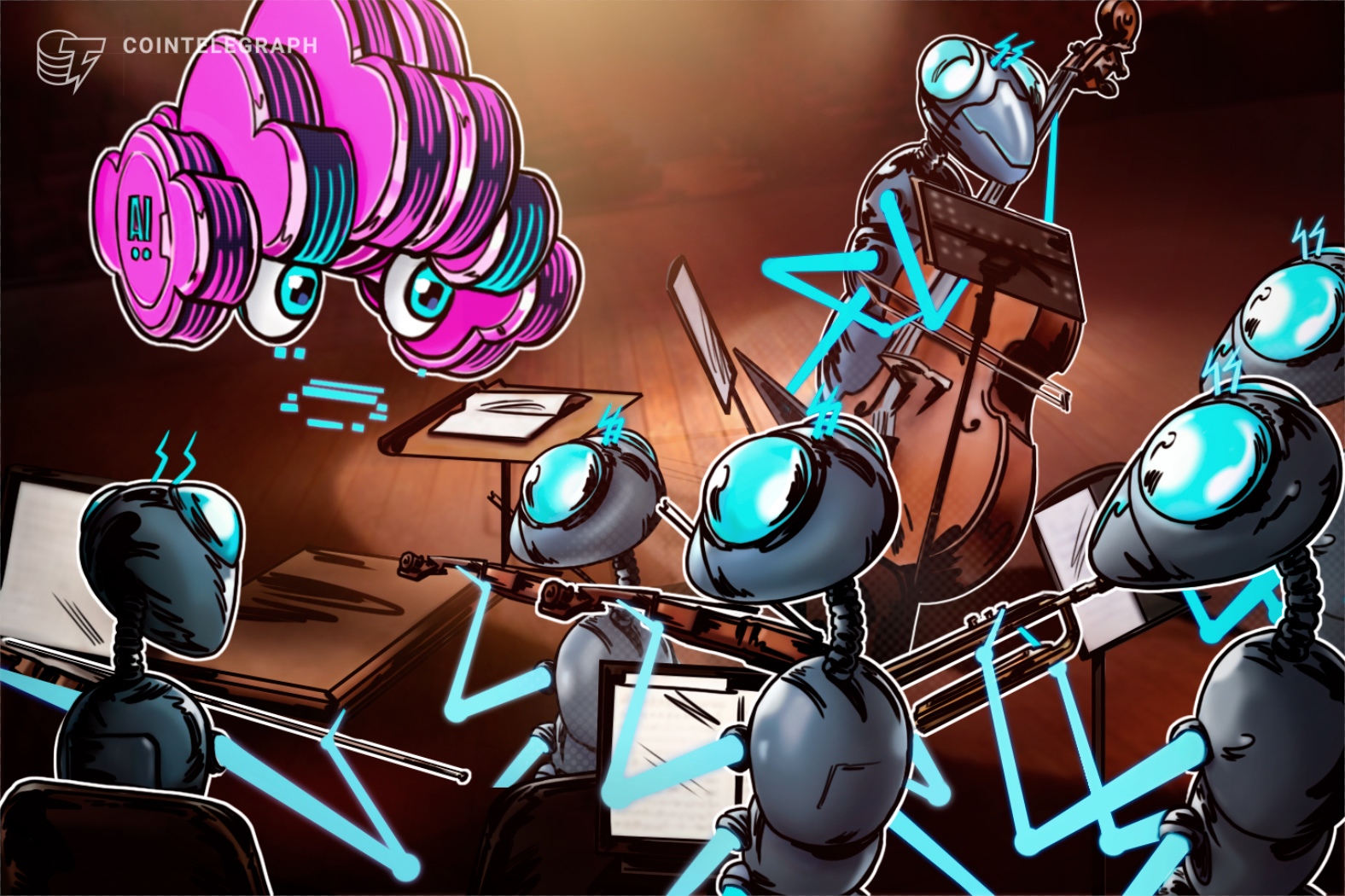The Creative Industry’s Response to AI in Music
The creative industry is increasingly concerned about the impact of artificial intelligence on their works. As developers innovate, it becomes essential to protect artistic sovereignty.
Concerns About Copyright Infringement
One major worry among creatives is related to copyright infringement issues that arise during AI model training. This situation has led to significant legal disputes across North America. Moreover, there is a growing concern that artists may lose job opportunities to AI technologies capable of generating images, text, and musical compositions.
Video: How blockchain can change the music industry forever. Source: Cointelegraph
AI’s Impact on Musicians
Niche tools such as Suno AI can create complex musical compositions in mere moments. Furthermore, major companies like Google and Meta have developed their own music-focused large language models. Consequently, musicians are left questioning their future roles in a rapidly evolving landscape.
During the 2024 World Congress on Innovation and Technology in Yerevan, Armenia, a panel of experts and musicians discussed these pressing issues. Armenian musician and producer Nick Egibyan expressed his fears regarding AI, stating, “Actually, to be honest, AI does whatever I do on the same level as I can do it now, as an arranger and a music producer.” He recounted a moment of surprise when he learned that a composition he admired was AI-generated, leading him to worry about job security in the music field.
Artistic Integrity Amid Technological Change
Matthias Röder, a noted music and technology strategist, acknowledged the profound changes within the music industry. He likened the situation to the art world, reinforcing the idea that while anyone can replicate a song, the original creative vision remains irreplaceable.
“Now we hear a great song and we say, ‘oh, I could do the same.’ Yes, but you didn’t. You didn’t have the idea. You didn’t have the vision. This is what being an artist is all about, and AI is not taking that away from us.”
Röder envisions a future where AI serves as an ally for artists, enabling broader expressions of creativity while maintaining the essential human touch.
The Role of Emotion in AI-Generated Music
While AI’s ability to create music raises questions about emotional depth, Röder believes that the emotional connection primarily resides in the audience. He articulated, “I think the primary seat of emotion in music is really in the audience. And when you listen to music that moves you, this is where the emotion comes to life.”
“Can an AI create music that triggers certain kinds of emotions in the audience? Absolutely. It can. It can do it like any good composer can do it.”
AI, he argues, applies patterns from past compositions to elicit emotions. However, human involvement is still critical for an engaging experience. He states, “AI is the greatest music education tool that we have, as well as a great tool for stimulating musical creativity.”
In conclusion, while artificial intelligence reshapes the music industry significantly, the critical human element in creativity remains indispensable. Musicians can embrace AI as a tool to enhance their artistry, leading to novel forms of musical expression while safeguarding the emotional resonance that defines music as an art form.




